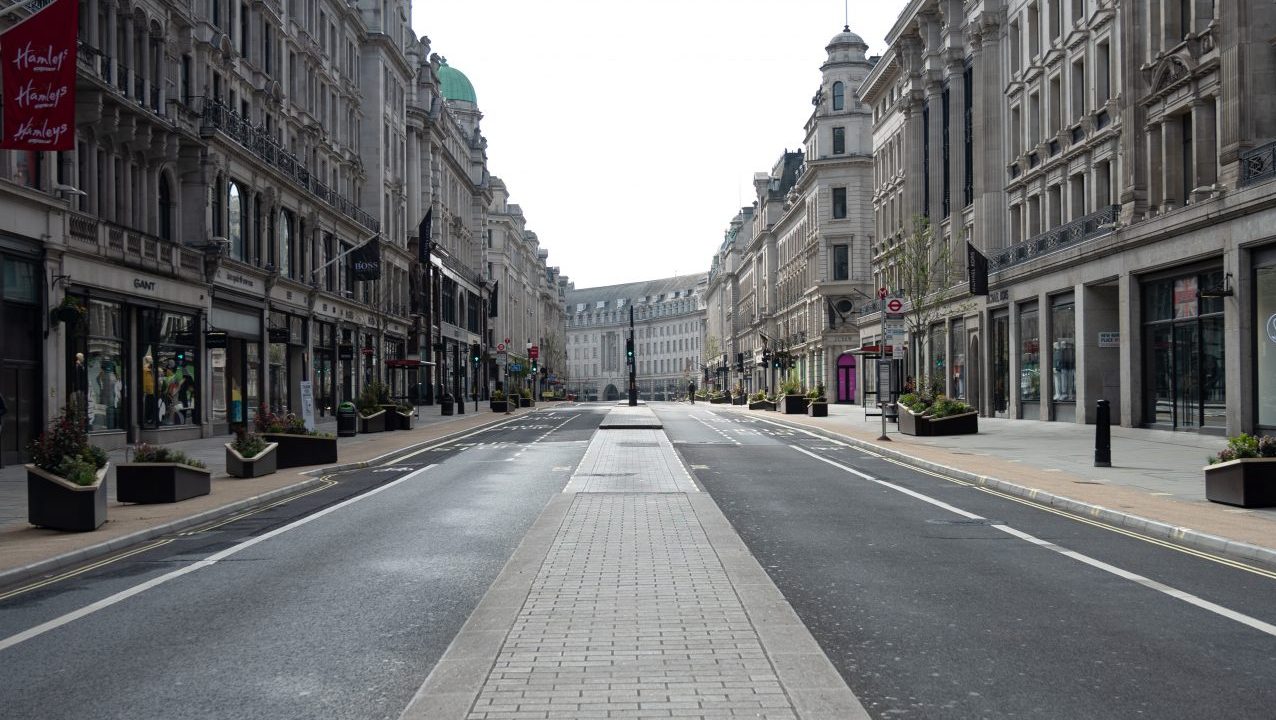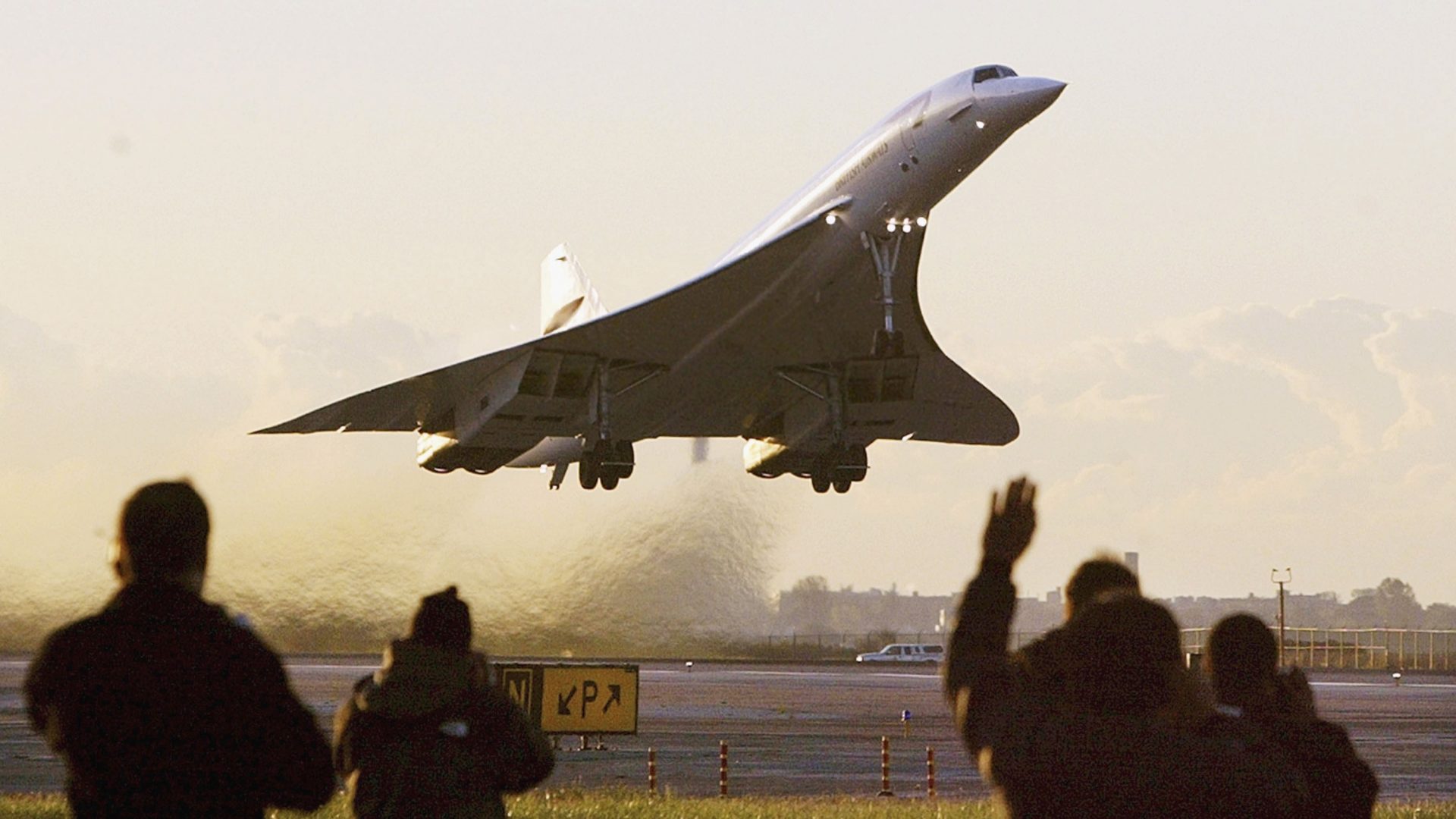When I worked at the BBC they gave me a laptop and a mobile phone, both with apps which meant I could edit audio and broadcast from anywhere in the world. They also paid for a high-quality ISDN phone line in my spare bedroom so I could broadcast from there on any and all BBC channels – and yet when I asked if I could work from home I was told that if I wanted a day off I would have to book some annual leave.
Covid changed that overnight and not just at the Beeb. Offices across the country emptied as almost everyone started working from home. At first it was the only option, but then people learned you did not have to spend two hours a day commuting or sit at a desk from 9-5 Monday to Friday to get things done. Zoom and Teams worked, emails still arrived, files could be shared remotely with a colleague, as easily as if you were sitting next to them.
The magic allure of the office was shattered, and so far it has been impossible to put it back together again. The consequences are huge.
Companies have discovered that they need much less office space. They are moving into smaller buildings. People are hot-desking. Offices are still empty on most Mondays and Fridays.
In the City of London alone, banks, building societies, law firms and insurance giants are reducing their office space. Canary Wharf is particularly vulnerable, as it is still seen as inconvenient and not a pleasant place to work.
The use of offices has fallen by a fifth since Covid. Acres of eye-wateringly expensive office space in Canary Wharf, the City of London and the West End have been replaced by a million cheaper spare bedrooms and kitchen tables. As a result, office rents are collapsing and commercial property has tumbled in value. The business consultants Jeffries warned just last month that the market for office space in London was in “recession” with empty units across London hitting a 30-year high.
For the pension funds and other investors this is a real problem – they have billions invested in property, and they depend on the income from rents and ever-rising property values. Both are now at risk. They now need to find somewhere else to put their money.
The industry is adapting. Although it is expensive to change property use, many companies are now ripping out office space and spending a fortune converting it into flats. There is, after all, a desperate shortage of accommodation for sale and rent across the country.
While converting purpose-built skyscrapers into blocks of flats is very expensive, in the West End, and many other parts of the country, offices were squeezed into former homes after World War Two. Turning them back into residential property is not that difficult and the new homes are in some very fashionable areas.
But the economic dislocation goes much further than this. Offices do not just clean and service themselves. There is a whole industry of office cleaning, maintenance, repair and decoration. It is huge and covers everything from replenishing the loo paper, to watering the pot plants and emptying the bins, almost every single day of the year. Fewer offices with fewer people mean less work.
Offices across the country are also surrounded by cafes, coffee shops, sandwich bars, pubs, bars and restaurants, not to mention dry-cleaning outlets, newsagents, shoe repair bars and card shops. All of these outlets are dependent on thousands of people working right next door to where they are sited, or huge numbers of people passing them on the way from the tube or railway station. But if office use is down by 20%, their takings will fall accordingly.
In the centre of large cities like Birmingham, Manchester, Edinburgh, and London it is far worse. All those department stores, clothes and shoe shops, jewellers and perfume retailers are there for a reason; millions of people visit the centre of those cities to work. If they can fit in some retail therapy during their lunch hour, or on the way home, they do just that. Now those shopping centres have to work even harder to attract weekend shoppers – this means out-competing the retail parks, which are often easier to get to, where the parking is better and everything is conveniently located in one place.
Last year, footfall in the West End was still 21% lower than pre-Covid. In Glasgow it was 19% lower overall, and weekday and lunchtime footfall was 28% lower. This means the city centre has effectively lost more than 800,000 visitors a month.
Then there is the loss of revenue to almost every provider of transport in the country. If millions of people are working from home there are fewer passengers every day on commuter trains, trams, buses and tube lines. The transport companies relied heavily on commuters buying their season tickets. Now, not only are many people not travelling regularly, they are also avoiding the office on Mondays and Fridays – and when they do pop into work, they are often arriving later and leaving earlier in order to avoid peak time fares. As a result, while nationally rail passenger numbers are back to pre-Covid days, revenue is still 10% lower.
There are economic upsides to all this. People will have had to buy everything from office chairs and desks to mouse mats and printers for their home office set-up. They will be using more energy at home and many people have upgraded their wifi connections. They will also be boiling the kettle and cooking lunch far more often. It all adds up to more sales and more money for supermarkets, office supply companies and energy providers.
But in economic terms this shift has been very quick and very dramatic. Many companies are trying to force people back to their desks. After all, offices are just factories for service industries. Economic theory tells us they are more productive and efficient. But millions of people now sense a shift in power between them and their employer. They have options and they are using them.
So far it looks like this shift is permanent. There are winners and losers – but the economic landscape of many of our towns and cities has changed for ever.




